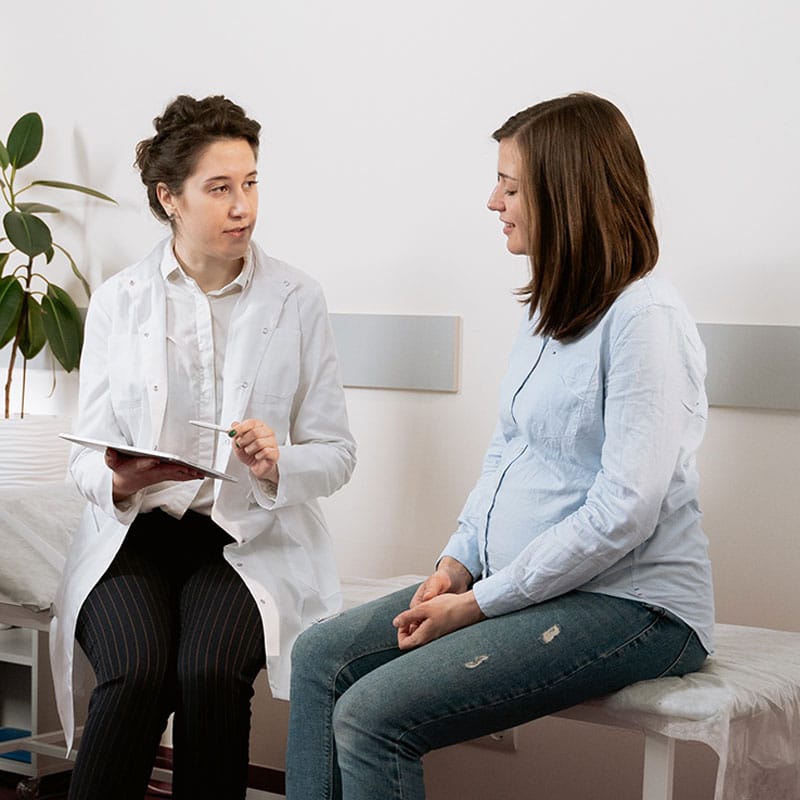For our people and patients
Welcome to the North Thames Genomic Medicine Service (GMS) hub for patients, carers and the public.

Welcome to the North Thames Genomic Medicine Service (GMS) hub for patients, carers and the public.
Want to find out a little bit about genomics first?
Genomics and my healthcare
As genomic technology and testing develops, it is becoming a vital part of many healthcare journeys

Our panel
Working with patients, families and the public is vital to all the work we do.
